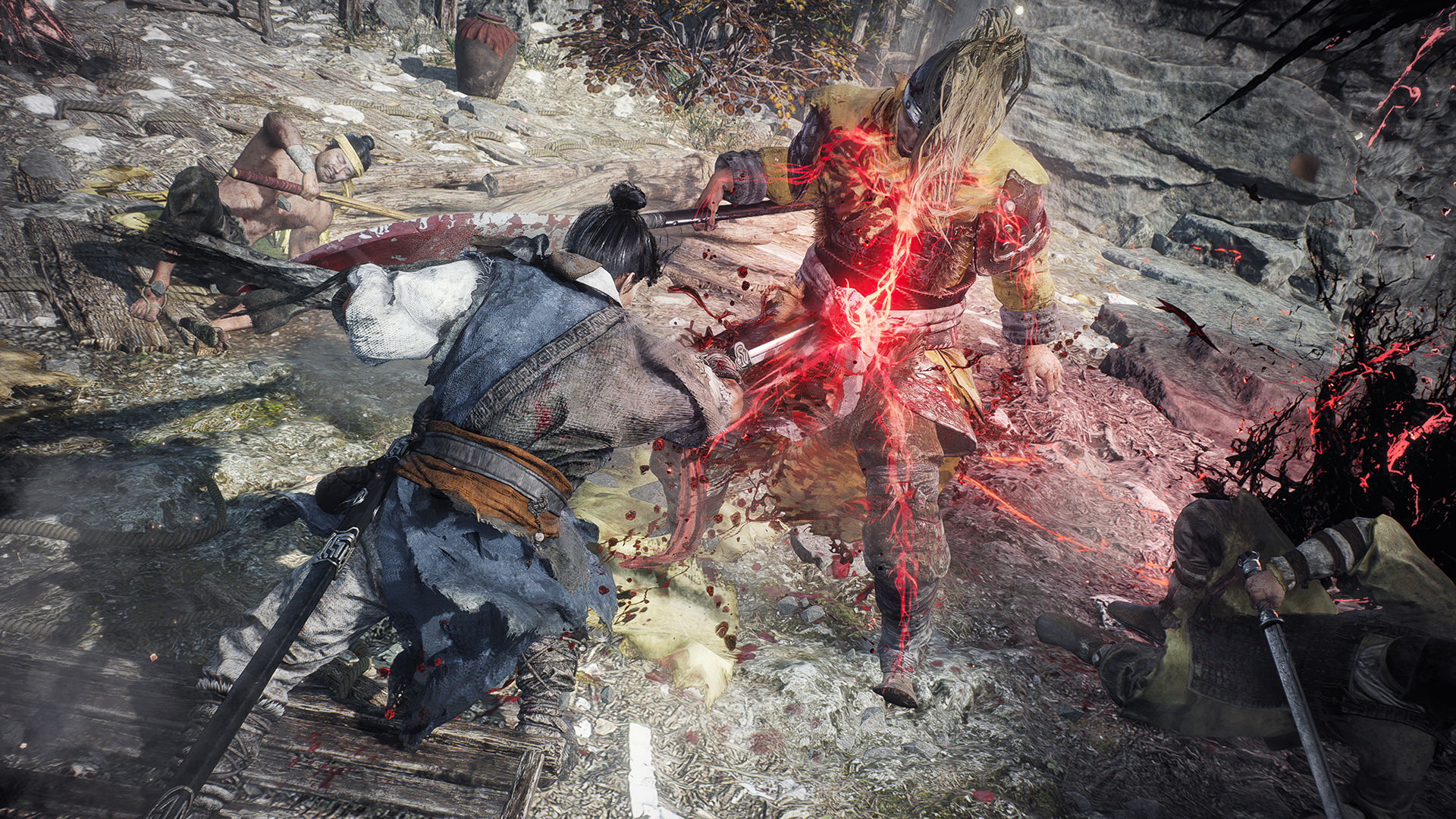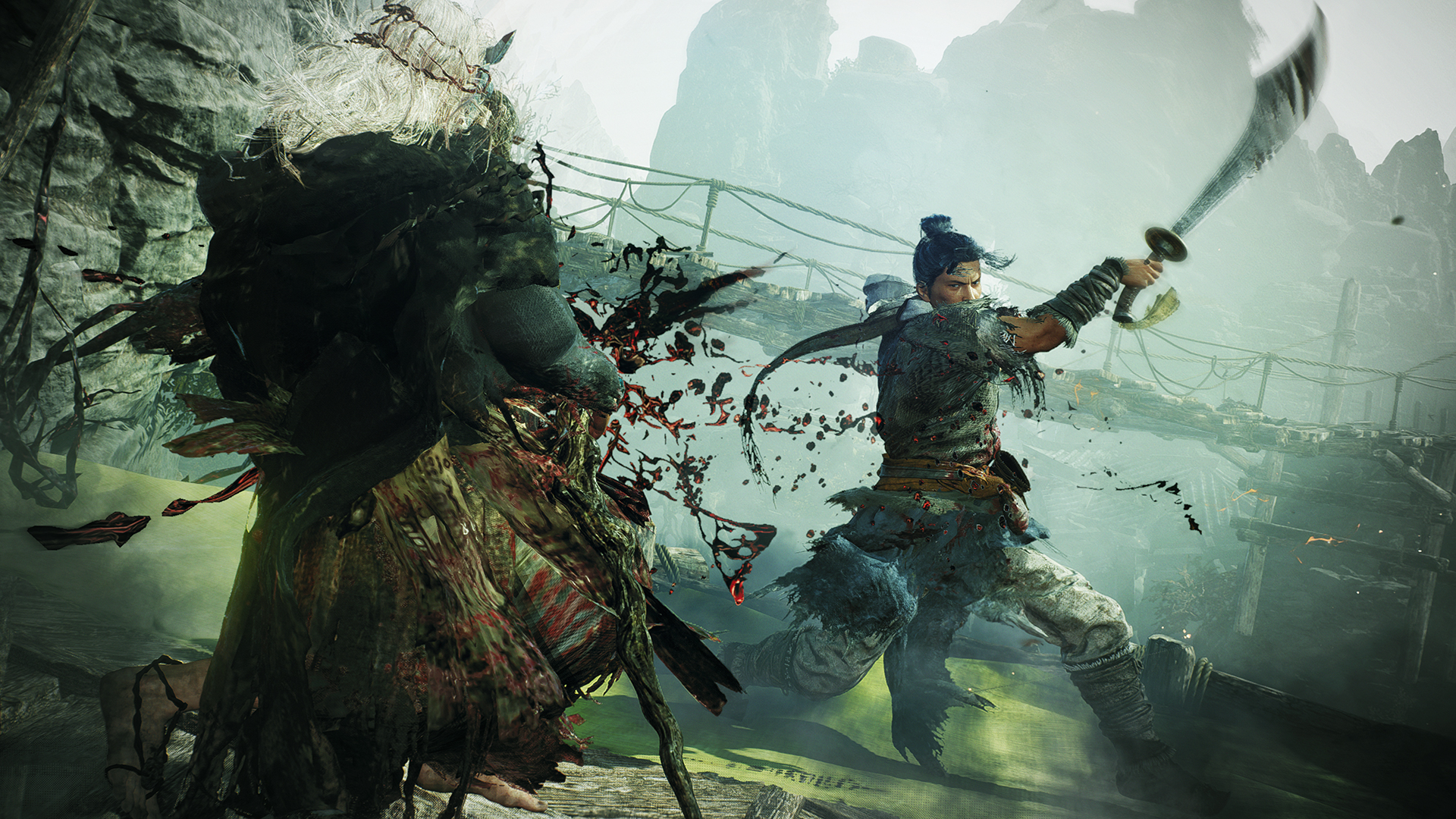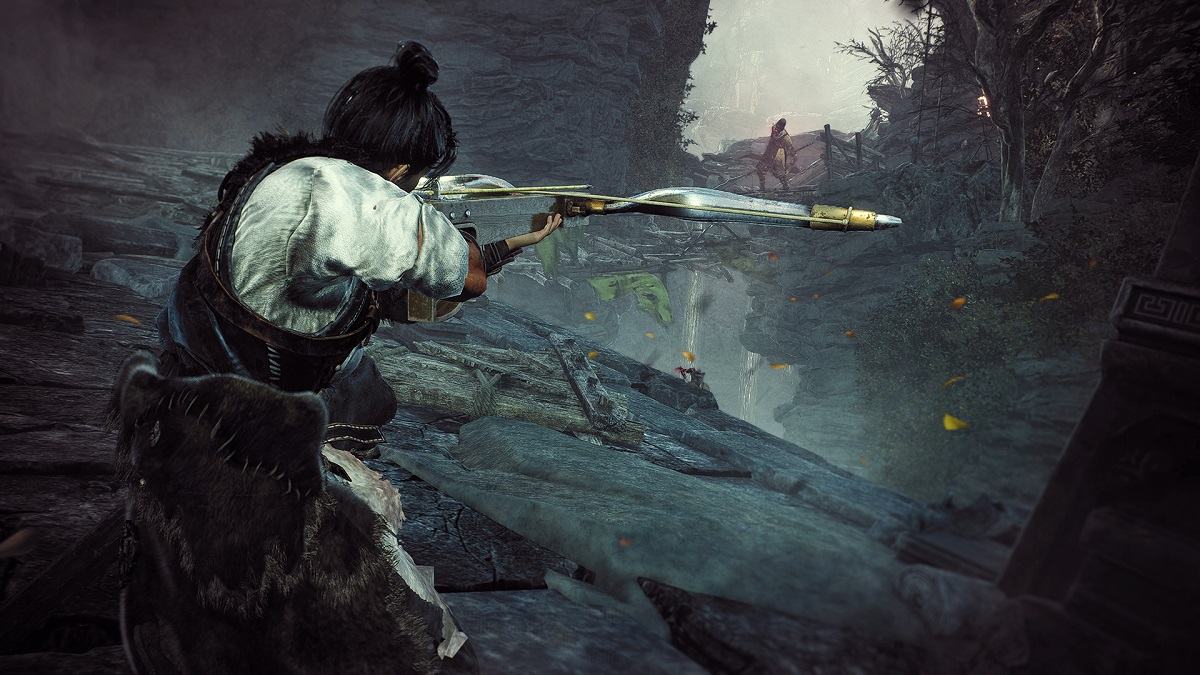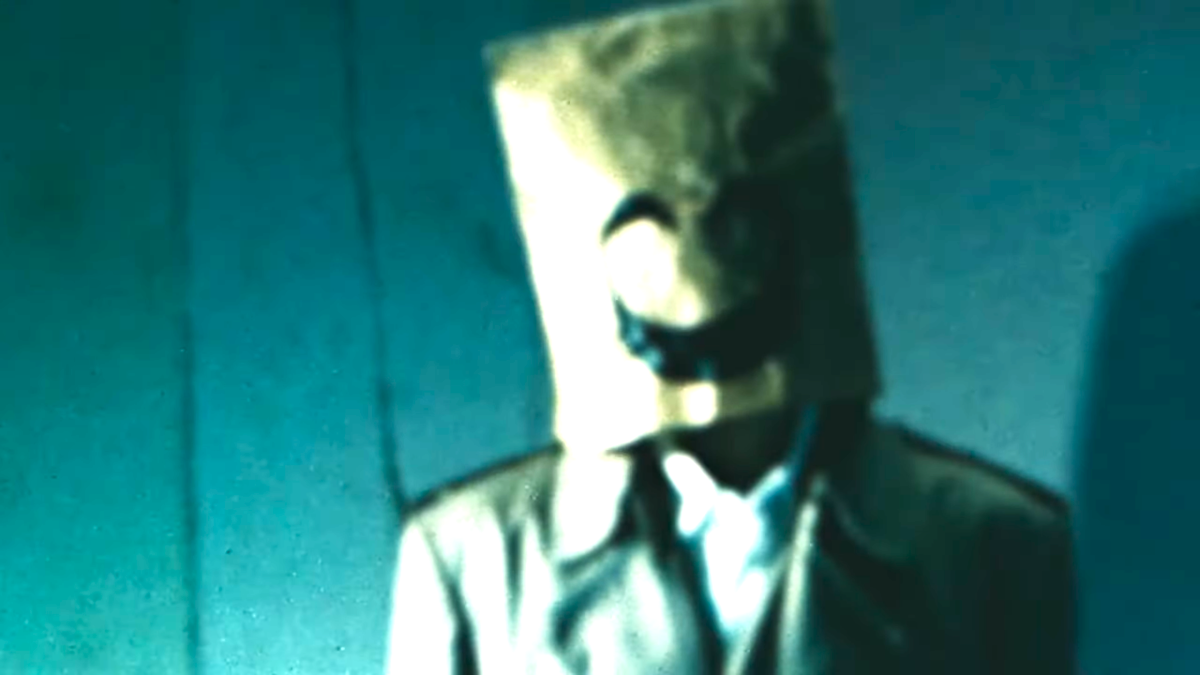It took me a little under three hours to defeat Zhang Liang, the first boss in Team Ninja’s newest Soulslike, Wo Long: Fallen Dynasty. This statistic shouldn’t be particularly shocking — Team Ninja has always been upfront with their admiration for FromSoftware’s highly successful and punishing game design philosophies. Their previous attempts — Ni-Oh and Ni-Oh 2 — are loving tributes to the Dark Souls series, albeit ones that never reached the same acclaim as their inspirations due to their (rightfully) perceived brutal unfairness. However, spending even a few moments with Wo Long makes it clear that Team Ninja aimed to ape a different game from FromSoft’s stable this time around: 2019’s Sekiro: Shadows Die Twice.
Let’s get the comparisons out of the way quickly. Both games: take place during a time of political upheaval for their respective countries (the fall of the Later Han Dynasty in China and the end of the Sengoku period in Japan); mix historical figures and settings with fantastical beasts and demons; are designed with semi-open linear levels with a focus on verticality; and rely on precise and perfectly timed parries to master their combat. Their core concepts, however, could not be more directly opposed, as Sekiro rewards stealth, patience, and planned offense, while Wo Long prompts players into full-frontal aggression while improvising a reactionary defense.
Influenced by Chinese martial arts, the various systems within Wo Long’s combat work together to make every encounter immensely satisfying. Basic attacks can mow down standard enemies, but heavy attacks (called Spirit Attacks) and weapon-specific martial arts attacks inflict spirit damage, which can break an enemy’s guard and allow you to perform a Fatal Strike, which causes massive damage. These heavier attacks, along with a complicated elemental-based magic system, deplete your Spirit Gauge, which is essentially a stamina bar with some extra bells and whistles. Losing too much spirit causes exhaustion, and you can only regain it either through standard attacks, waiting out the timer, or deflecting (read: parrying) an attack.

I’ve barely scratched the surface of the many, many systems working synergistically within the game: you can also perform ranged attacks — like shooting a bow — with L2, get help from historically-relevant AI companions, fight with various weapon types that all feel wildly different, cast the aforementioned magic for both offense and defense, plant flags to raise your morale rank to deal more damage while taking less, and use summon a massively helpful Divine Beast for helpful buffs or to take a chunk of an enemy’s health.
None of this mattered for Zhang Liang, though, because players will not know any of it. Of the bosses I faced racing through Wo Long for this review, he remains the most difficult not because of a sporadic nature, unfairly damaging attacks, or sheer deviousness: it’s because he teaches you how to play the game. Spiritually, the experience was akin to Einstein’s definition of madness or the film Groundhog’s Day: doing the same thing over and over again and expecting different results. Zhang Liang runs at you with ferocity, his big attacks making mincemeat of your health bar. Rushing headfirst without a handle on the mechanics, surviving for more than a few minutes felt like a Sisyphean task.
During my initial attempts, I felt lucky to get one or two deflections, instead focusing on taking as much of his health as quickly as possible. But after a dozen or so tries, I started landing more and more deflections; the timing started to make sense internally and I get further into the fight. I began to approach each attempt as an excuse to study his moves and learn his patterns, growing more aware of our spirit gauges over time and experimenting to find the most impactful moves (deflecting and spirit attacks/martial arts) to perform fatal blow after fatal blow on him. Defeating him the first time felt easy — too easy — so naturally, he had a second form that completely upended the fight and forced an entirely different approach. But I persevered, struggling toward the second stage and forcing myself to enact the same methodical approach to combat that got me that far in the first place.

My revelations might seem basic, banal even, for those familiar with Soulslike games. But my previous attempts at breaking into the genre — rolling credits on Star Wars Jedi: Fallen Order, spending a dozen hours within Wo Long’s inspiration Sekiro — never resulted in this a-ha moment. The minute all the systems subconsciously coalesced felt magical, a flipped switch bringing not just this boss fight but the entire game into the realm of the possible. I relaxed my gamer stance, turned on Taylor Swift — who, sidenote, shockingly turned out to be an incredible pick because I somehow play better listening to her music and have three victories to prove it — and began to enjoy the grind. Each death provided yet another chance to continue to “get good,” and I actually felt like I was getting better.
When I finally beat Zhang Liang, it didn’t feel like a sudden victory, one that was handed to me by sheer chance as some of the other boss fights within the game did. It didn’t feel easy or particularly impossible or expected or shocking: it simply felt earned. There was a relief too, naturally; I worried about writing a review based solely on the first boss that I couldn’t conquer. But, it seems that ended up happening anyway because nothing else mattered as much as this boss fight. Not the graphics, which looked great on my PlayStation 5, where I avoided the many bugs and hiccups PC players are reporting. Not the deliciously campy English voice acting, the tantalizingly silly yet self-serious story based on a clear reverence for Chinese history and myth, or the sheer satisfaction of the sound design when breaking an enemy’s guard.
As a Soulslike newbie, beating Zhang Liang finally made the genre click within my brain and get its grubby, clingy, intoxicatingly difficult hooks into me. For anyone like myself who has either been scared to venture into the Soulslike genre or attempted to connect with other games and only to be let down, Wo Long: Fallen Dynasty might just be the one that finally makes you into a fan. It’s the Souls du jour that might not do anything particularly novel or inventive within the genre, and it might falter on a design level when compared to FromSoft — the levels are straightforward and often visually bland, and the majority of enemies are copy-and-pasted soldiers rather than individual and memorable threats — but everything it does feels so refined and symbiotic that it doesn’t matter: it’s just a blast to play. Defeating Zhang Liang after hours of trial and error while “Look What You Made Me Do” blasted out of my speakers made me believe that, with determination, stubbornness, and practice, beating Wo Long: Fallen Dynasty is not only achievable: it’s inevitable.
This review is based on the PlayStation 5 version of the game. A copy was provided to us by Koei Tecmo.









Published: Mar 4, 2023 04:37 pm